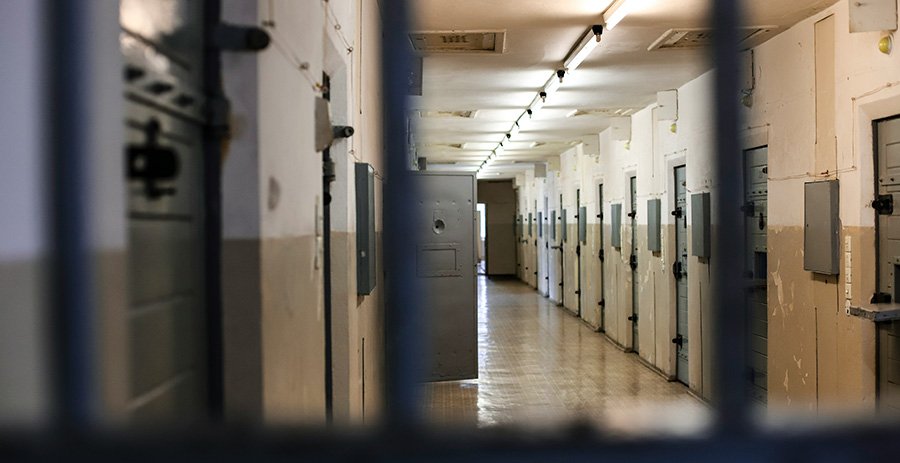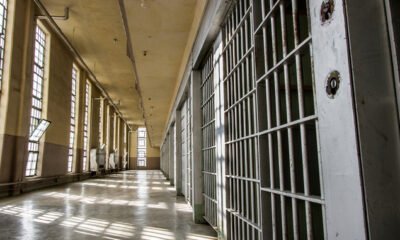Entertainment
New Agency Urges Enhanced Accountability for Prison Oversight

Kara Janssen is unwavering in her mission to reform the Arizona corrections system. Having experienced incarceration firsthand, she passionately advocates for those still affected, emphasizing the importance of establishing adequate oversight.
“I can’t go in there and fix it myself,” Janssen stated. “I wish I could just go in there and make it better. But I can’t. This is the only way that I can.”
Janssen, an organizer for Dream.org, collaborates with a coalition of criminal justice advocates to promote the establishment of an independent oversight body for the Arizona Department of Corrections, Rehabilitation and Reentry.
Previous legislative efforts have faltered, and a report from a commission convened by Governor Katie Hobbs highlighted a need for more resources and time for meaningful reform. However, this session brings renewed hope with two proposed bills aiming to create an oversight office, supported by Republican sponsors from both chambers: House Bill 2553 and Senate Bill 1507.
Rep. Walt Blackman introduced House Bill 2553, while Sen. Shawnna Bolick is behind Senate Bill 1507. Blackman commented on the necessity of transparency, saying, “If we want our department to run with efficiency, we need to lift the rug.” Although both bills share similar objectives, they differ in structure.
Blackman’s proposal establishes the Office of the Independent Corrections Ombudsman as a separate entity, while Bolick’s ties it to the Auditor General’s Office, omitting an independent committee.
Both proposals include provisions for informing inmates about their rights, establishing complaint hotlines, monitoring confinement conditions, and supporting self-advocacy among inmates.
Additionally, the language mandates a data system to track incidents like deaths, suicides, and complaints related to inmate treatment. Inspections of correctional facilities would occur biannually for standard institutions and annually for maximum security facilities.
The ombudsman office would produce annual reports for state lawmakers and the governor, enhancing accountability. Lauren Krisai, executive director of the Justice Action Network, noted that increasing transparency could lead to better outcomes within the corrections system.
“They’ll be able to understand what’s going on behind prison bars and just get a better understanding of how to make the department more efficient,” Krisai remarked.
Under Blackman’s bill, the ombudsman would be chosen by a legislative committee and serve a six-year term, while Bolick’s approach includes a governor-appointed ombudsman for five years.
Importantly, Blackman’s proposal prevents individuals with ties to the corrections department from holding the ombudsman position or working within the office, ensuring unbiased oversight.
A proposed Correctional Ombudsman Committee would enhance scrutiny and accountability, conducting inspections and providing an annual review of findings.
To fund the initiative, Blackman suggests allocating 0.001% of the total corrections budget in FY2025, approximately $1.6 million. Bolick’s bill is still awaiting a fiscal note.
Both bills remain under review, fostering hope that this will mark a turning point in legislative oversight of the corrections system. John Fabricius, another organizer for Dream.org, expressed optimism about advancing accountability, stating, “We’re at the place where we cannot kick the can down the road anymore, and we have to do something different in terms of how we operate the Department of Corrections.”
Dream.org members are determined to see this effort through, with Janssen affirming the necessity to persist until substantial changes are made.

















